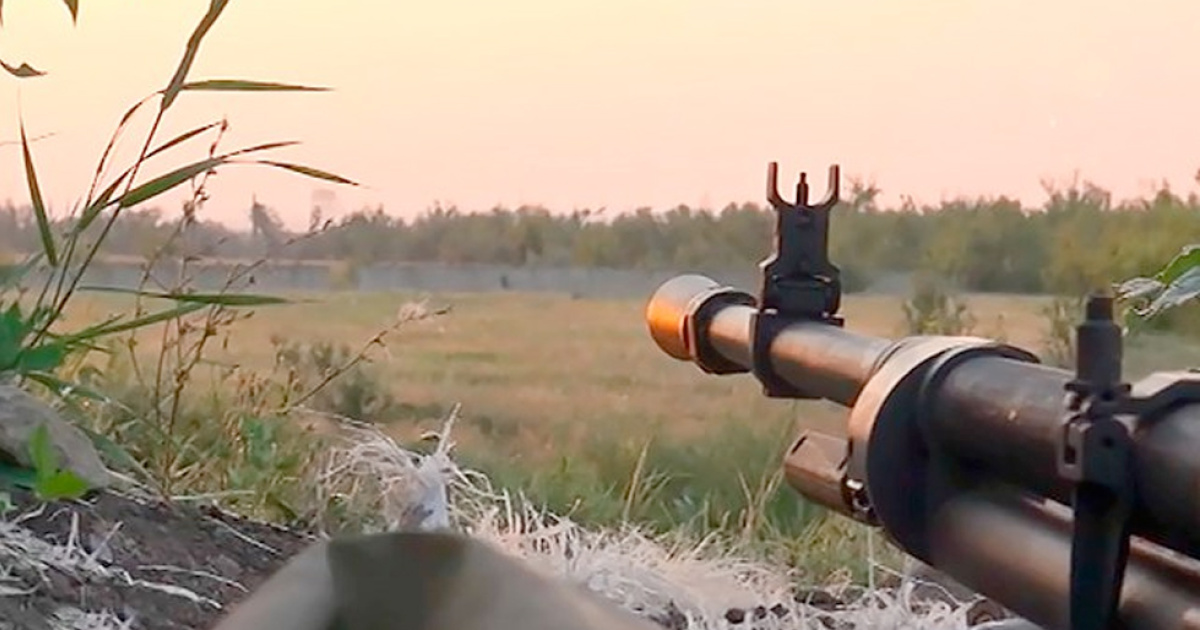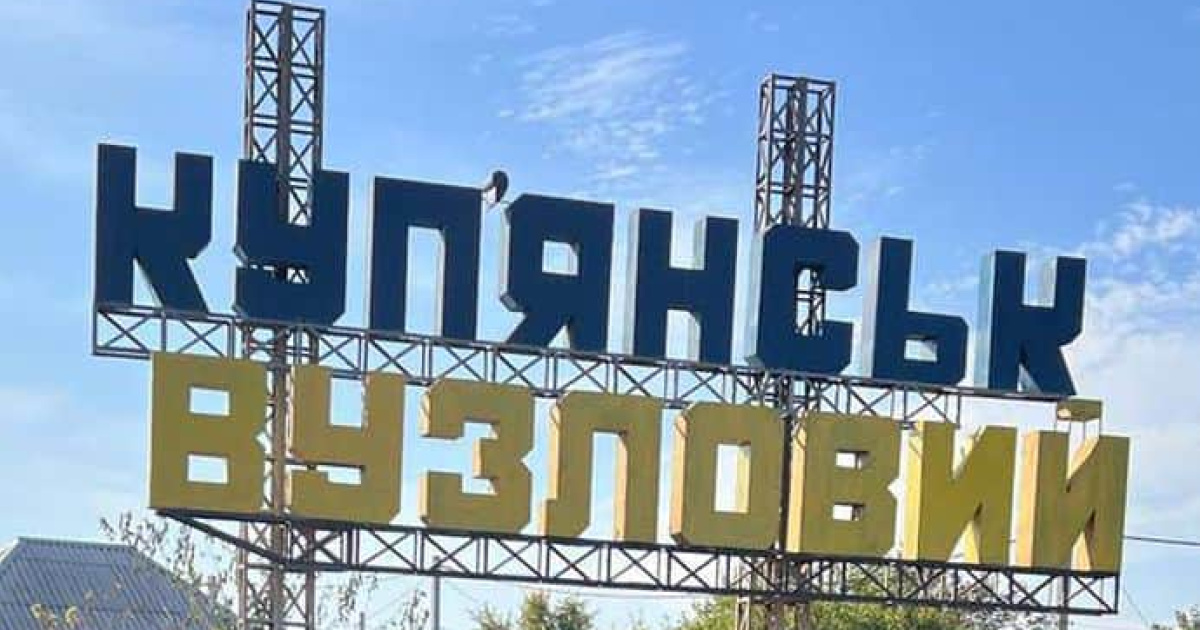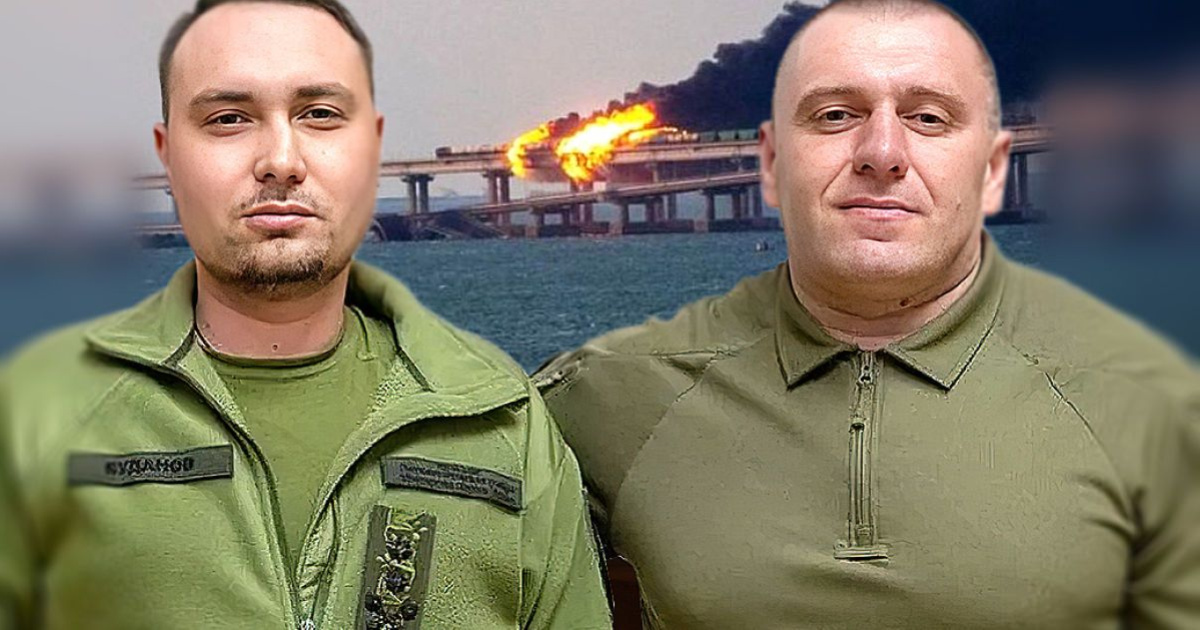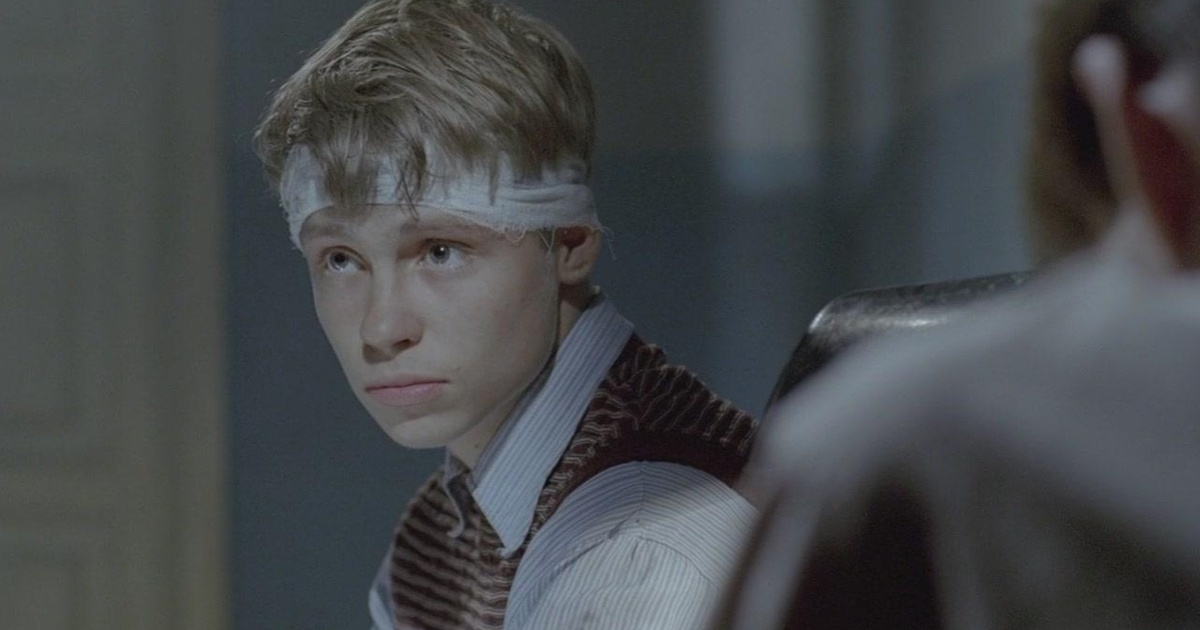
The other day I realized that I took my child to the recruiting center a year ago. A whole year has passed.
My son, without realizing it, gave me a very strange thing — a sort of lifelong indulgence. He cleansed my conscience in advance forever, and now I can not only say that I live honestly and pay taxes. Now I can say: My child is fighting, and what are yours doing?! And, figuratively speaking, there is a temptation to kick doors open, though it’s dangerous, it provokes aggression in opponents.
Now he has a safer position, paid for by a wound. He calls occasionally from the outside because he doesn’t like talking in front of his brothers-in-arms.
Now it’s less frightening.
About right and wrong life
For a long time, I was frightened by the fact that he (in my conservative opinion) lives “wrongly” and drags me into this “wrongness”.
“Right” — that’s how it was for me until 2014. It’s working at an understandable job, earning an understandable salary, and planning a monthly budget for utilities, groceries, and laundry detergent. Putting something aside for savings. Canning cucumbers and jam for winter. Visiting grandparents’ graves on Easter, decorating the Christmas tree once a year. Going to Donets or Aydar rivers in an old car or on a motorcycle, and sending the kids to camp for the summer. And before that — getting married traditionally, conceiving and giving birth to those kids. Running the household traditionally, being friends with godparents, doing repairs in the kindergarten, and then in the kids’ school. Putting your home in order. Growing flowers on the windowsill. Planning ahead. And enjoying it all.
And they… they live “wrong”. They’re mostly “homeless”, and don’t have to pay utilities. Their homes are either a dugout or an abandoned apartment or house. And there are grenades on the windowsills instead of flowers. They spend almost their entire salary on gear and clothes and send the rest to their brothers-in-arms for treatment, since there’s no need to pay utilities. Their salary fluctuates. Managing the household and planning a budget looks something like this: order a fleece jacket, pants, and expensive power banks; give it all to the brothers-in-arms who were sent to the front earlier; order another set of fleece jacket, pants, and power banks... They approach the choice of clothes and gear very carefully because “war is style”. And in the end, they buy very expensive things. They eat pizza and kebab because they have the money for it, but no desire to cook, nor the time, even if they have the ingredients. There is also nowhere to cook, because in houses with grenades on the windowsills there are often problems with the stove and dishes. They don’t visit their grandparents’ graves. The only graves they see are fresh ones, when they bury those who were less lucky. And as for children, kindergartens, and schools — such prospects aren’t even discussed.
Is it even possible to switch back to a “normal” life after such a way of living? Is it possible, after eating kebab and buying gear in bulk, to suddenly learn how to plan for utilities, breakfasts, and lunches?
Nevertheless, I got drawn into this lifestyle. Gradually came the realization that this supposed “abnormality” doesn’t actually exist — it’s just another version of normal. You can live like this too.
It makes me think: in reality, everything is fine, and war is also a profession… One can also find fulfillment in it, find oneself. It’s just a terrible lottery: for every one who succeeds, thousands die. For now, I’m lucky.
About what I glimpsed through a crack
And over this year, I’ve been able to peek, as if through a small crack, at that side of the war which is hidden from the public eye. It’s terrifyingly fascinating and it even makes you forget about fear.
...We talk about mercenaries in the army of russia, but we also have Colombians who have already become part of everyday reality. They also fight on the opposite side, where the payments are much higher. One can conclude that those who choose to fight for Ukraine do so consciously, not just for money. They are shocked by the level of civilization in Ukraine because they’ve never seen anything like it. Serving as translators for them are Ukrainian volunteers who returned from working in Spain and Portugal. Turns out such people exist — those who leave safe jobs in the EU to come fight in Ukraine. Several of such brothers-in-arms from my son’s circle have already died. Yes, they are thousands of times fewer than the draft-dodgers — but they exist, and that’s comforting.
“They, the Colombians, already know how to kill. They are, in principle, ready to die... At home, they would’ve died anyway, because the crime there is terrifying. They’re motivated by money because they have a cult of family: they strive to provide for their families even at the cost of their own lives. But the Americans have different motives: like, we didn’t ‘beat’ the russians in Afghanistan, but we’ll ‘beat’ them in Ukraine”, — my son says.
The Americans are constantly working out whenever they can, showing off their pumped torsos to each other, using perfumes, and almost always talking about women and homosexuals.
Foreign volunteers, even those with combat experience, are shocked by the realities of our war. Even being prepared to die, they still expected something else. Europeans sometimes find ways to get back home sooner. But for Colombians or Americans, it’s impossible — you can’t just hop back across the ocean.
There are countless such observations. None of this has yet found expression in literature or cinema, and there’s a high chance that when it does, it’ll be distorted and mythologized. That’s why the opportunity to peek through that crack feels like an enormous privilege and a bonus to the status of being a volunteer’s mother.
Hanna Hamova, for OstroV





